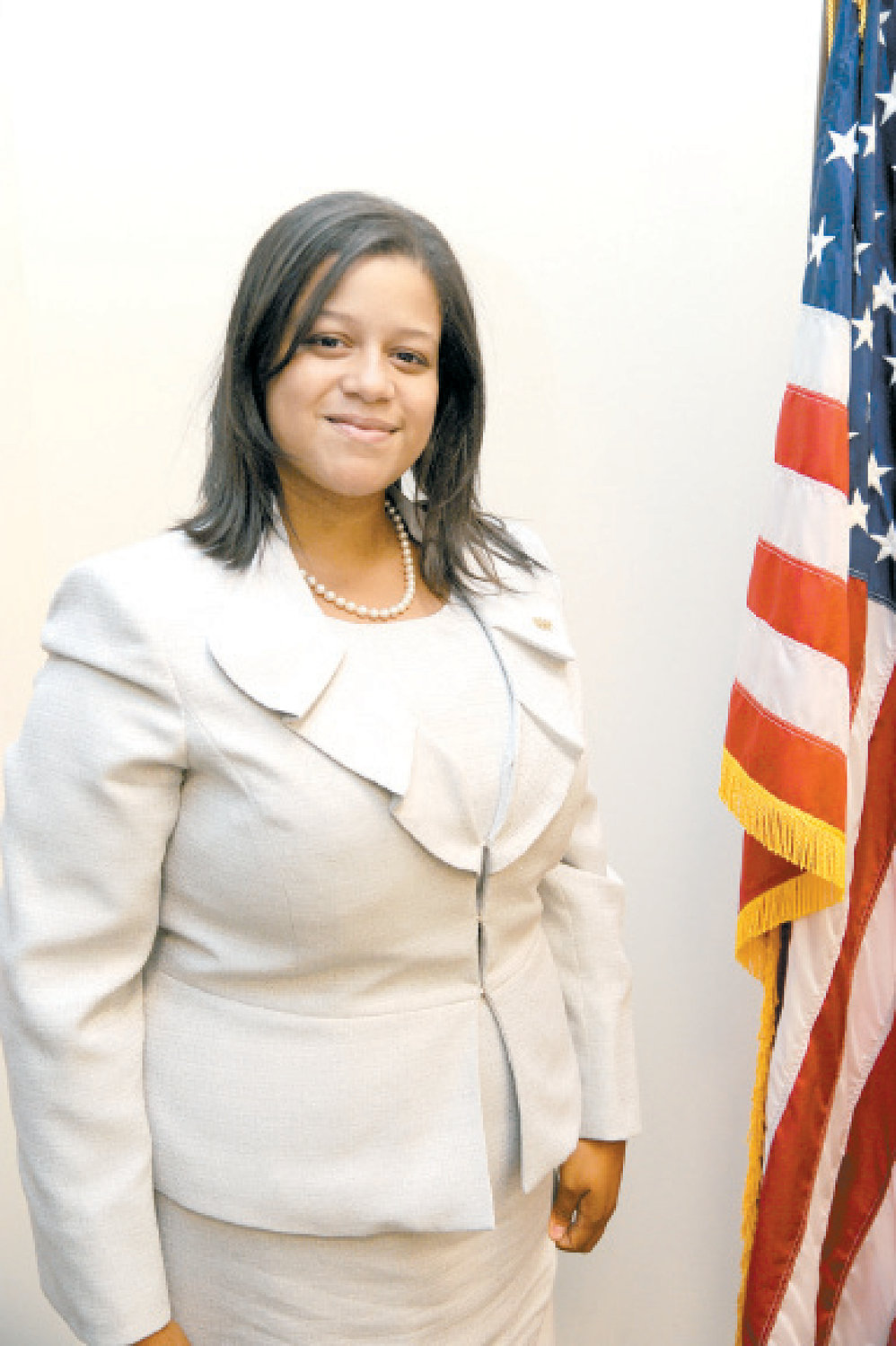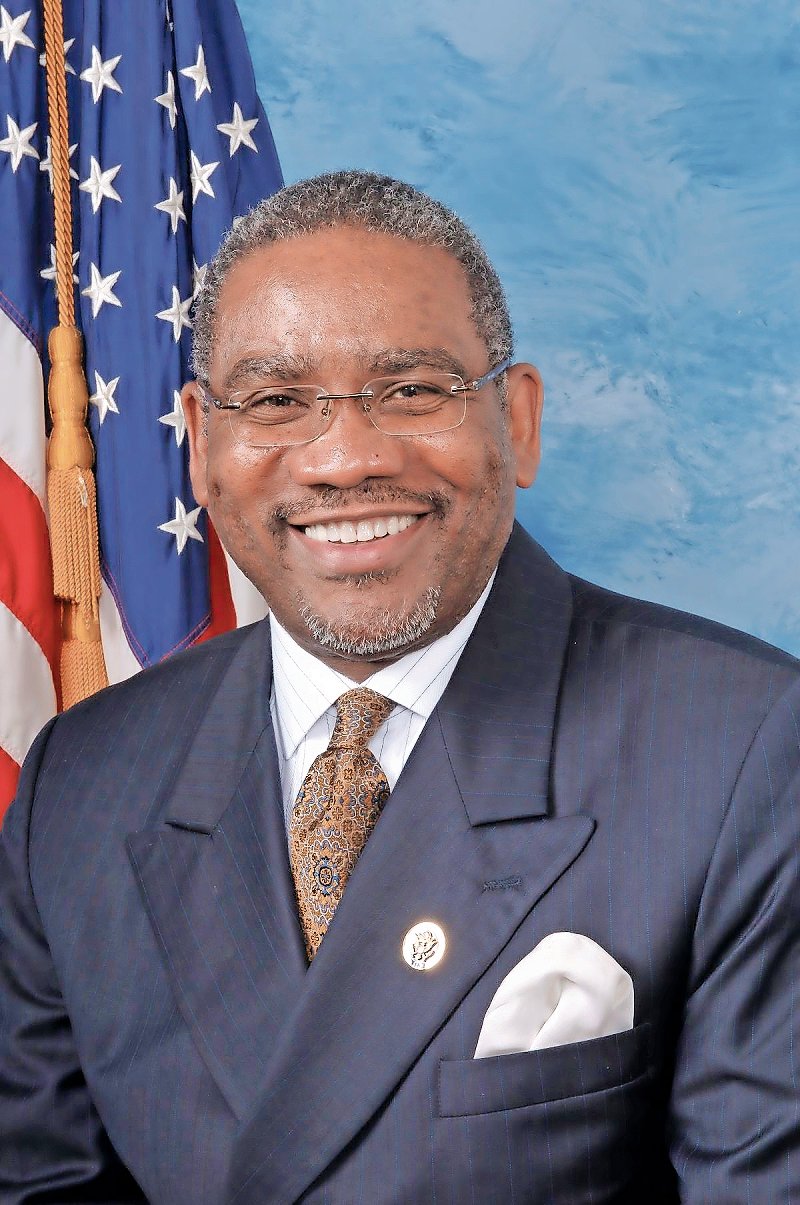Solages, Meeks update residents on coronavirus relief efforts
Assemblywoman Michaelle Solages and Congressman Gregory Meeks updated residents on governmental efforts to support the public during the coronavirus outbreak in a telephone town hall on March 19, as more than 550 Long Islanders have tested positive for it.
As of Thursday, Elmont had 11 confirmed cases, Valley Stream had seven and Franklin Square had one, according to data from the Nassau County Department of Health.
To help those who are suffering financially during this time, representatives from both the State Senate and Assembly met one day before to pass legislation guaranteeing sick leave for private and public sector employees, effective immediately. It requires that large employers — those with 100 or more employees — and all public employers provide 14 days paid sick leave. Those with 11 to 99 employees, or with 10 or fewer employees but more than $1 million in net income, must provide five days of paid sick leave and then unpaid sick leave during the quarantine order.
Employers with less than 10 employees and a net income of less than $1 million won’t be required to offer paid sick leave, but their employees must be granted unpaid leave until the quarantine is lifted.
The new legislation also includes job protection for employees who are in quarantine.
Additionally, Solages said, Gov. Andrew Cuomo announced that he approved 90 days of mortgage relief, so that missed mortgage payments will not negatively affect one’s credit; put a moratorium on evictions and ordered utilities to suspend disconnections.
“New York State is monitoring what is happening,” Solages, a Democrat from Elmont, assured residents. “Right now we’re in a fluid situation.”
Federal employees are also working to ensure that everyone remains safe, Meeks, a Democrat from Queens, noted. President Donald Trump signed legislation on March 19 ensuring that coronavirus testing is free, and employees have paid emergency leave.
Under the new legislation, small business owners — those with 50 to 500 employees — would be required to provide their employees with sick leave, but businesses with more than 500 employees are exempt. The employers would also get a full tax credit reimbursement for these expenses.
Additionally, Meeks said, the federal government has allocated 6.2 percent more funding to New York for Medicaid payments, has ensured that missed loan payments would not result in foreclosure, extended the tax-filing deadline to July 15 and ordered federal student loan companies to not charge interest.
“We want to make sure that we don;t have another crisis,” he explained.
The government has also extended the federal sick leave to seven days, and has expanded its unemployment relief, although Meeks noted, applications for unemployment insurance has quadrupled over the past few weeks.
He also said the federal government is currently negotiating a system to provide anyone facing financial hardships during the outbreak with “some form of direct payment.” Government officials still have to figure out how much these payments would be, how they would be sent to the public and who would receive them. But, Meeks said, “we have a consensus that we have to put money directly into the hands of folks.”
More than 10,000 Americans have been diagnosed with COVID-19 as of Thursday, symptoms of which include a fever of over 100.4 degrees, shortness of breath and any flu-like symptoms. It spreads from droplets in the air from a cough or a sneeze, and can remain on a surface for 14 days.
Dr. Tamika James, of the Federally Qualified Health Centers of Long Island, suggested during the town hall that people should self-isolate and avoid touching their eyes, nose and mouth.
Testing for the virus is now available at Jones Beach, but James said, people should call the Department of Health before going.
Just because someone is diagnosed with the coronavirus, however, does not mean that he or she will die, especially if he or she has a healthy immune system. That is why, Solages said, people should not worry. There’s enough food for everyone, and she suggested those who are healthy should check-in on their elderly neighbors, volunteer at their local food banks or write ‘thank you’ notes to medical workers.
“We are in this together,” she said, “and we will get through it.”









